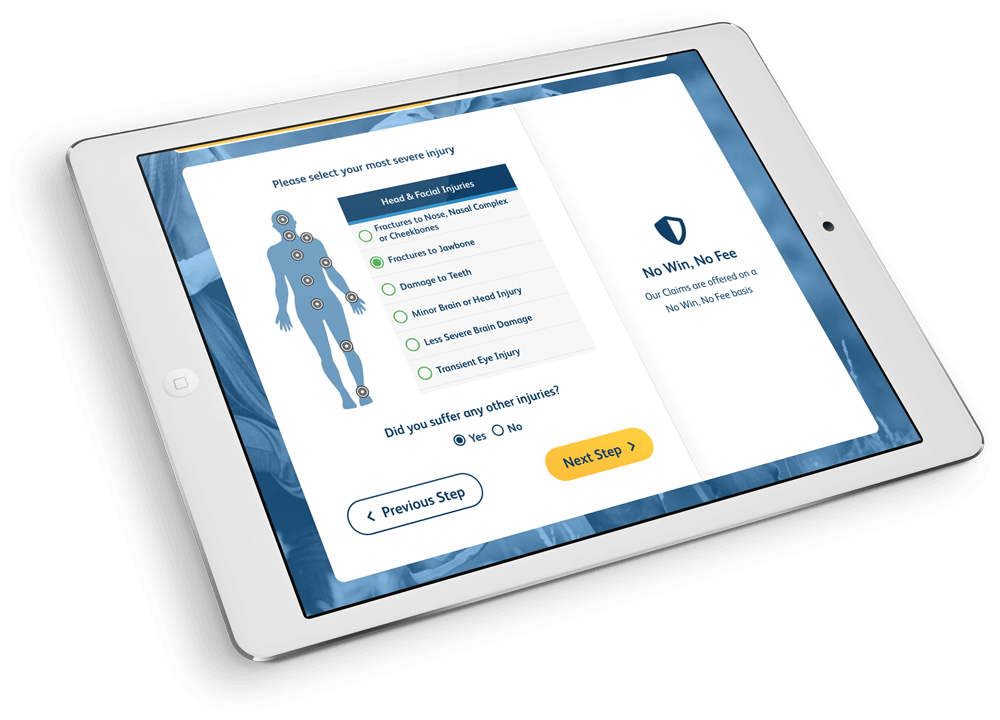Dementia in Sport: the worrying rise of brain injuries among sports players
Sports bosses have recently been told that there is an “unquestionable” link between diseases such as dementia and contact sports, such as football and rugby, but is enough being done by to address the issue and protect players?
A leading expert has warned that, unless the games’ authorities start to take urgent action to combat brain injuries, they may be faced with a huge flood of future litigation claims. Our Head of civil litigation Niamh Wilson, discusses the long-standing debate in more detail and whether sports players are entitled to make a claim.
What is the link between sports and dementia?
One of the leading authorities on the subject, Dr Willie Stewart, consultant neuropathologist at the University of Glasgow carried out a landmark study which found that “there’s a very real problem with neurodegenerative disease in football.” He found that, compared to the general population, former professional footballers were:
- 5 times more likely to suffer from dementia
- 5 times more likely to develop Alzheimer’s Disease
- Twice as likely to have Parkinson’s Disease
Overall, he uncovered that neurodegenerative disease, dementia and other conditions, were recorded on the death certificate in about 20 per cent of former footballers versus just over six per cent of the general population.
While the issue has recently hit the headlines again, it is not a new debate. In 2015, The Jeff Astle Foundation was set up to raise awareness of brain injury in sport, to offer support and to campaign for change. The foundation was set up by Jeff Astle’s daughter, Dawn Astle, after her father became the first British professional footballer confirmed to have died from chronic traumatic encephalopathy (CTE).
Jeff died in 2002, aged 59, from the progressive, degenerative brain disease, which is found in individuals (usually athletes) with a history of head injury. The disease, which is often a result of multiple concussions, was in Jeff’s case attributed to the repeated heading of footballs causing repeated, low level brain trauma.
Despite the debate raging on for years, there still does not seem to be enough being done to challenge this issue. In October 2019, UEFA launched a campaign on concussion awareness to raise awareness of the problem, but it still needs to go further to have any real impact. In 2020, sadly two more celebrated footballers died, Jack Charlton and Nobby Stiles, both were suffering from dementia.
What more can professional sports bodies do to protect players?
As part of his recent commentary on the issue, Professor Willie Stewart told a Department for Digital Culture, Media and Sport select committee hearing that in order to start tackling the issue seriously, training needs to be controlled in contact sports, such as football and rugby, to reduce the impact between head trauma and diseases which is being found in later life.
He also went on to emphasise the importance of having a doctor close by, even for grassroots games. While this may be a struggle for many smaller clubs, it is important that if these measures can’t be put in place, then alternative processes are implemented – such as avoiding as much contact in training session as possible.
Can professional sports players claim compensation for dementia?
In a landmark case in October 2020, an inquest into the death of footballer Alan Jarvis found he had died from Alzheimer’s, which the Coroner concluded was “caused by his occupation”. This is the second time a Coroner has directly linked the death of a former professional footballer to his profession. The first link was made at the inquest review in 2002 into Jeff Astle’s death. This started an ongoing fight to have dementia designated an industrial disease, which is still raging on today.
In December 2020, a group of former professional rugby players announced they were taking legal action against the game’s authorities for their alleged failure to protect them from risks that caused concussions. If successful, the case will have profound repercussions for the future of contact sports and whether players will be entitled to make a claim for injuries caused during their career.
Head of civil litigation, Niamh Wilson said: “It is unbelievable that, despite the overwhelming evidence showing that sports like football and rugby put players at increased risks of developing dementia, professional bodies have still not made the changes needed to keep players safe.
“It is vital that action is taken now to ensure the game is made safer for future generations and that those who have already been impacted can seek answers and financial security for their families. There is no doubt that this a hugely debatable topic, which is not going away anytime soon. It is about time that professional sports bodies, like all other employers, become accountable, accept their duty of responsibility and take reasonable steps to safeguard their teams.”





